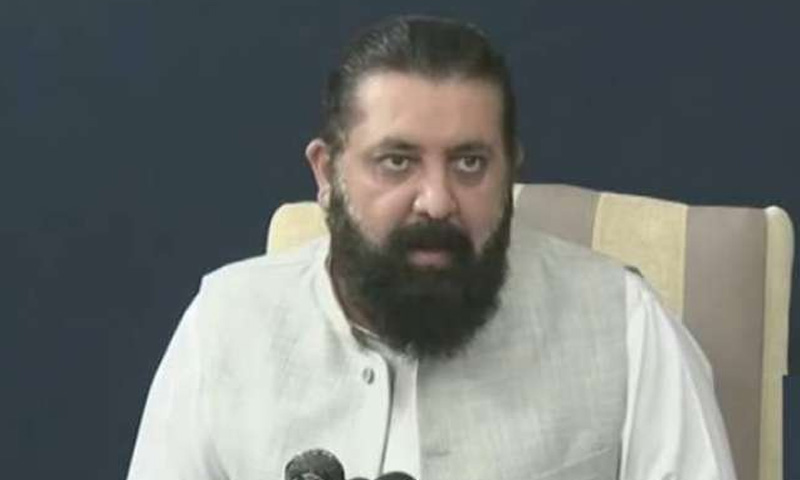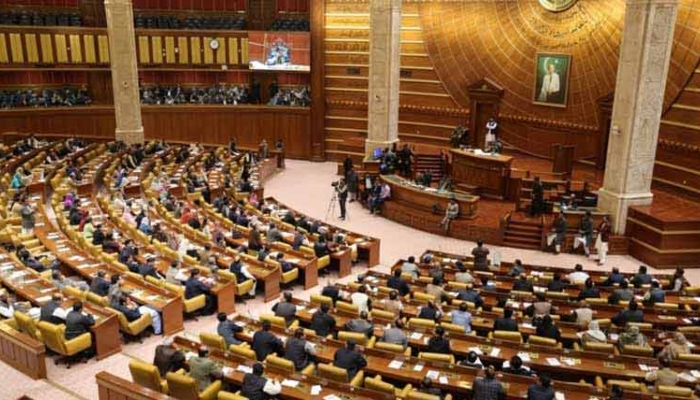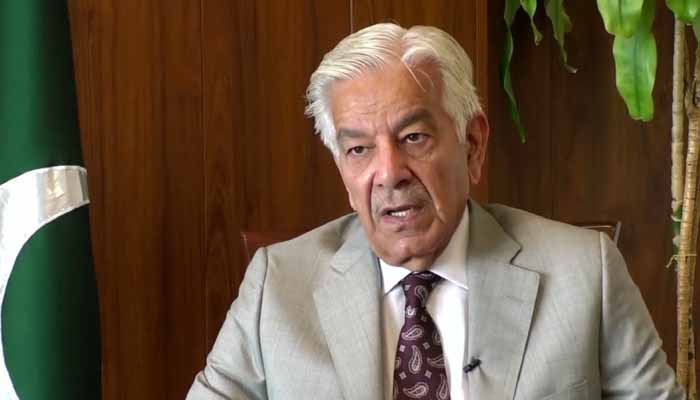POLITICS & POLICY MAKING

The Foreign Office (FO) of Pakistan on Monday welcomed the Permanent Court of Arbitration (PCA)’s supplemental award reaffirming its jurisdiction in the Indus Waters Treaty (IWT) dispute and rejecting India’s unilateral suspension of the treaty as illegitimate under international law.
In its June 27 supplemental ruling, the PCA ruled that the IWT remains valid, operational, and binding, and cannot be suspended by either party unilaterally — a direct response to India’s decision to place the treaty “in abeyance” after the April Pahalgam attack in Indian-occupied Kashmir, which killed 26 people. India blamed the attack on Pakistan without evidence.
“The Court of Arbitration found that it was not open to India to suspend the IWT or hold it in abeyance unilaterally,” the PCA’s official press release stated.
The FO said the supplemental award “vindicates Pakistan’s position that the Indus Waters Treaty remains valid and operational, and that India has no right to take unilateral action about it.”
🔍 India’s Claim vs PCA’s Ruling
India’s Ministry of External Affairs (MEA) rejected the award, saying it does not recognise the PCA’s jurisdiction in the case and calling the arbitral body’s proceedings a “charade at Pakistan’s behest.” India argued that its decision to suspend the treaty followed from its sovereign rights after what it called a terror attack from Pakistan-based elements.
In contrast, the PCA emphasized that the treaty explicitly prohibits suspension unless mutually agreed upon by both parties — something that has not occurred.
“The Treaty continues in force until terminated with the mutual consent of India and Pakistan,” said the PCA.
The court also clarified that allowing one party to suspend the dispute resolution process would undermine the treaty’s core purpose of ensuring peaceful resolution of conflicts.
📣 Pakistan’s Response
The Government of Pakistan, in a detailed statement, welcomed the court’s clarity and called on India to “immediately resume the normal functioning of the Indus Waters Treaty and fulfil its treaty obligations wholly and faithfully.”
Pakistan further noted that the court had upheld its competence despite India’s objections and looked forward to the next ruling on the merits of the Kishenganga and Ratle dam projects, expected later this year.
The statement reiterated Prime Minister Shehbaz Sharif’s earlier offer for a “meaningful dialogue” with India on Jammu and Kashmir, water, trade, and terrorism, stating that such talks were essential to regional stability.
“Pakistan is ready to engage in dialogue on all outstanding issues,” the FO said, calling for India to do the same.
⚖️ Legal and Diplomatic Implications
The PCA’s supplemental award is a significant diplomatic win for Pakistan, reinforcing that unilateral actions by India — particularly suspending treaty obligations — violate international law and the 1960 Indus Waters Treaty, brokered by the World Bank.
India’s refusal to accept the court’s decision, however, raises concerns over its commitment to peaceful dispute resolution and could increase diplomatic tensions, especially with global climate concerns heightening water insecurity in South Asia.




